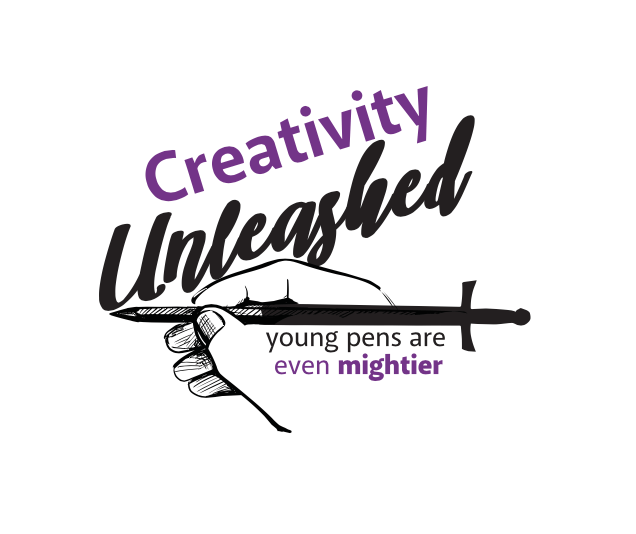How much is your life worth?
How much is your life worth?
Kadian Watson, Vania Boateng, Mischa Serugo
A question that’s been asked before… and may actually have an answer. Our current healthcare system places a value on all of our lives, and despite all our hopes, that figure may be a lot lower than we all expect. Giving an insight on how NICE measures value for money in relation to public health interventions, ethics are called into question to argue what it is, and should we be placing a price on life?
Our lives are determined by a QALY system. QALY is the quality-adjusted life years. So basically it is an estimation of years of life remaining for a patient following a particular treatment or intervention. Each year is scored from 0-1. Health experts say that 1 is perfect health; 0 is death; and anything else in between is less than perfect health. Each QALY is worth £30,000. £30,000 is the threshold, however what happens when the treatment exceeds that limit?
To find out your QALY, doctors predict the years of life after treatment and multiply it by the quality (health-wise) of one year.
It is determined by many other factors, such as:
- The needs of the patient
- The doctors’ views
- People affected by the condition
- Other treatments for the condition
But why QALY? Well the NHS’s resource allocation is limited. Therefore, it does not have enough to provide for everyone at the same time. As a result, they use the QALY system in order to ensure everyone has a fair chance in getting the care and help they need from the NHS.
QALY has proved to be controversial, as many feel that it is not fair. One way in which the use of QALY caused a dispute was in the 2018 case of Alfie Evans. The case was a highly publicised legal battle, which involved a complex and morally challenging situation…
Alfie Evans was an infant who suffered from a rare degenerative neurological condition, where he endured epileptic seizures and spasms, which ultimately led to irreversible brain damage. This meant that he had to be placed on ventilator support. He had been in a semi-vegetative state for more than a year. His parents were approached for treatment in Rome, which offered prolonged ventilator use. However, Alder Hey Children’s Hospital, the hospital which Alfie at that point was admitted to, and his parents disagreed about how to proceed with the treatment options. This dispute resulted in the case going to the High Court where the hospital sought the declaration that "continued ventilator support is not in Alfie's best interests and in the circumstances it is not lawful that such treatment continue." Alder Hey presented scans of the deterioration of his brain tissue stating that it would be pointless and inhumane to continue further treatment. The courts ruled in favour of the hospital, and declared they withdraw the ventilation support and not proceed with further treatment, despite objections from his parents. Alfie, aged 23 months, died on April 28 2018, 5 days after he was taken off the ventilator support. One of the dilemmas Alfie's case raised is whether doctors are the right people to determine if withdrawing life-support treatment is in the best interests of a terminally-ill child.
Nationally, the 4 Pillars of Ethics are recognised as: Autonomy (the choice/free will of the patient), Beneficence (a duty to do what’s in the best interest of the patient), Non-Maleficence (to not do or cause further harm to the patient) and Justice (ensuring everyone, including future patients, are treated fairly and equitably). In cases like these, all four of these principles CANNOT be met. Just like in the case of Alfie, do we strip people of their autonomy just to placate our own consciences – does the risk of doing harm override our free will?
In this case, the doctors did not show autonomy. Even though Alfie was not conscious enough to make his own decisions freely, his parents had chosen to have the surgery done. Yet the doctors went against their wishes for the surgery, and doing so resulted in a legal battle worth approximately £145,000. As for non-maleficence, the doctors made sure that their patient: Alfie Evans was not inflicted with harm. By travelling to Italy, it would have put more stress on his already failing body and possibly caused even more pain than intended. The doctors were beneficent, as even though the surgery could have saved Alfie’s life, the dangers of transporting him there was not what was best for Alfie. More importantly, the surgery was not a guaranteed solution. Justice meant that the doctors had to relieve Alfie in order to give someone else with a higher chance of survival a place for bedding and potentially life-saving support. The doctors already believed Alfie was dying and so felt that it was unnecessary keeping him on life support when there was no treatment that could have cured him.
Throughout this entire piece, questions have been woven through, inviting you to consider: are we doing the right thing? Ethics is a tricky subject; we walk a fine line between doing what is lawfully right, and what we personally believe is morally right. In my own opinion, it’s especially difficult because no two people are the same. We all view situations differently, and therefore all have different opinions on how to handle these issues.
There are many moral and ethical debates when it comes to this topic, with one overriding thought to me: how much is a life worth, and who gets to decide this?
In short, we have no answer.
There will never be a ‘right’ or acceptable answer to these questions. All we can hope is that we are never in the position where someone dies due to our decisions (or indecisions).



